Artificial Intelligence (AI) and other emerging technologies, such as blockchain, IoT, quantum computing, and biotechnology, are not just reshaping industries and societies but also offering a beacon of hope. These innovations bring immense potential to solve complex problems, drive efficiency, and enhance the quality of life. However, they also raise critical questions about ethics, privacy, security, and accountability.
The challenge lies in ensuring that these technologies are developed and deployed responsibly, balancing innovation with societal values and public trust. This is where governance frameworks come into play, providing guidelines, policies, and regulations to manage the development and use of these technologies.
In this blog, we’ll explore the importance of governance for AI and other emerging technologies, the challenges it addresses, and strategies for building robust governance frameworks to foster responsible innovation.
Why Governance of Emerging Technologies Matters
1. Ethical Considerations
Emerging technologies, particularly AI, often raise significant ethical implications. Without robust governance, technologies can lead to unintended consequences such as bias in AI systems, misuse of data, or decisions that harm vulnerable populations. Governance ensures that ethical principles such as fairness, transparency, and accountability are upheld.
2. Mitigating Risks
Emerging technologies introduce new risks, including security vulnerabilities, privacy violations, and the potential for misuse. However, governance frameworks play a crucial role in mitigating these risks by establishing standards and best practices for secure development and deployment, thereby providing a sense of reassurance.
3. Building Trust
Public trust is essential for the widespread adoption of emerging technologies. Governance frameworks create transparency, demonstrating that developers and organizations prioritize user safety, privacy, and ethical behavior.
4. Ensuring Compliance and Regulation
Many sectors, such as healthcare, finance, and defense, are heavily regulated. Governance frameworks ensure that emerging technologies comply with industry-specific regulations and legal requirements, minimizing the risk of fines and legal challenges.
5. Supporting Sustainable Innovation
By providing guidelines and accountability mechanisms, governance frameworks help ensure that emerging technologies contribute to long-term societal and economic goals without causing harm or exacerbating inequality.
Key Challenges in Governing Emerging Technologies
1. Rapid Pace of Innovation
Emerging technologies evolve faster than regulatory frameworks can keep up. Policymakers often struggle to create rules that are flexible enough to accommodate future advancements while addressing present risks.
2. Global Scope
Technologies like AI and blockchain operate across borders, raising questions about jurisdiction and enforcement. Coordinating governance efforts on a global scale is a significant challenge.
3. Ethical Ambiguity
What is considered ethical or acceptable varies across cultures, industries, and stakeholder groups. Defining universal ethical standards for technologies like AI is complex and requires nuanced debate.
4. Balancing Regulation and Innovation
Over-regulation can stifle innovation, while under-regulation leaves room for misuse. Striking the right balance between fostering innovation and ensuring safety is a delicate task.
5. Accountability and Liability
Determining responsibility when emerging technologies fail or cause harm can be difficult, especially in cases involving autonomous systems or complex algorithms.
Principles for Governing AI and Emerging Technologies
Effective governance frameworks should be guided by principles that prioritize ethics, security, and inclusivity. Here are some key principles:
1. Transparency
- Developers and organizations should ensure that technologies are transparent in their functioning and decision-making processes.
- For example, AI systems should provide explanations for their decisions, particularly in critical applications such as healthcare or finance.
2. Fairness and Inclusivity
- Governance should aim to reduce bias and ensure equitable access to the benefits of emerging technologies.
- Diverse stakeholder involvement representing different genders, ethnicities, and socioeconomic backgrounds is key to achieving fairness.
3. Accountability
- Clear accountability mechanisms should be established to determine who is responsible for the outcomes of technology use.
- Organizations must take responsibility for the ethical and legal implications of their technologies.
4. Security and Privacy
- Technologies must be developed with security and privacy protections built in from the start.
- For example, AI systems should follow principles of “privacy by design” to minimize data misuse.
5. Adaptability
- Governance frameworks must be flexible enough to evolve with technological advancements while maintaining core principles.
Strategies for Building Governance Frameworks
1. Multi-Stakeholder Collaboration
- Engage a diverse group of stakeholders, including governments, businesses, academia, and civil society, in the governance process.
- Collaboration ensures that multiple perspectives are considered, leading to more balanced and inclusive frameworks.
2. Develop Ethical Guidelines
- One key strategy for building robust governance frameworks is establishing clear ethical guidelines for emerging technologies. These guidelines, such as AI ethics principles or blockchain governance frameworks, are instrumental in ensuring that ethical considerations guide technology development.
- Example: The EU’s Ethics Guidelines for Trustworthy AI emphasize principles like transparency, human oversight, and accountability.
3. Implement Regulatory Sandboxes
- Regulatory sandboxes, where organizations can test new technologies in a controlled environment under regulatory supervision, are a key strategy in fostering innovation while ensuring safety and compliance. These sandboxes provide a space for innovation within a regulated environment, striking a balance between fostering innovation and ensuring regulatory compliance.
- Sandboxes allow for innovation while ensuring safety and compliance.
4. Invest in Education and Awareness
- Educate developers, policymakers, and the public about the ethical and societal implications of emerging technologies.
- Awareness campaigns can help users make informed decisions and hold organizations accountable.
5. Use Standards and Certifications
- Establish industry standards and certification programs to ensure consistency and quality in technology development.
- Example: ISO/IEC standards for AI and information security.
6. Leverage Technology for Governance
- Use AI and other emerging technologies to enhance governance efforts. For example:
- AI-powered tools can monitor compliance with ethical guidelines.
- Blockchain can provide transparent audit trails for decision-making processes.
Examples of Governance in Action
1. GDPR (General Data Protection Regulation)
- The GDPR is a landmark data privacy law in the European Union that governs how organizations collect, store, and process personal data.
- It emphasizes transparency, user consent, and data protection by design.
2. OECD AI Principles
- The Organization for Economic Co-operation and Development (OECD) has developed AI principles that promote responsible and trustworthy AI.
- These principles have been adopted by more than 40 countries, guiding the ethical development of AI globally.
3. AI Governance in Healthcare
- In healthcare, AI systems must comply with strict regulations like HIPAA (Health Insurance Portability and Accountability Act) to ensure data privacy and patient safety.
- Ethical considerations, such as avoiding bias in diagnostic algorithms, are also central to governance efforts.
The Future of Governance for Emerging Technologies
As emerging technologies continue to evolve, governance frameworks must adapt to address new challenges. Here are some trends to watch:
- Global Collaboration: Increased international cooperation on governance standards and policies.
- AI-Assisted Regulation: Governments leveraging AI tools to monitor compliance and enforce regulations.
- Focus on Sustainability: Governance frameworks emphasizing the environmental impact of technologies.
- Ethical AI Development by Design: Ensuring that ethics and inclusivity are embedded into AI systems at the design stage.
The future of governance will require a delicate balance between fostering innovation, protecting public interests, and ensuring equitable access to technology.
Conclusion
The governance of AI and other emerging technologies is critical to unlocking their full potential while minimizing risks. By establishing robust frameworks that prioritize ethics, security, and inclusivity, we can ensure that these technologies drive positive change for society as a whole.
The task ahead is complex, but with collaboration, transparency, and a commitment to responsible innovation, we can navigate the challenges of the digital age and create a future where technology works for everyone.
Are you ready to embrace governance as a cornerstone of your approach to emerging technologies? AccessIT can help you balance innovation and responsibility by implementing Governance of AI and Other Emerging Technologies into your processes.
Let’s build a safer, more ethical, and sustainable future together.


